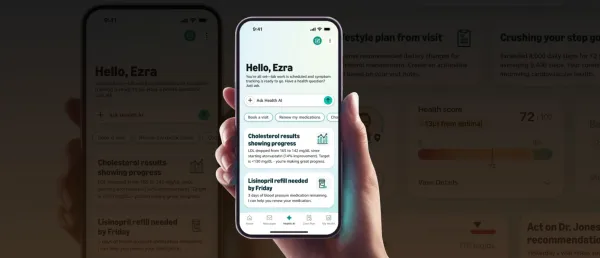Providence Health CEO Warns of Healthcare “Polycrisis” Amid Rising Costs, Medicaid Cuts

Mounting costs, Medicaid cuts push healthcare deeper into crisis, says Providence chief.
Providence Health, a nonprofit health system operating 51 hospitals across the western U.S., reported a $244 million operating loss for the first quarter of 2025. Operating revenues increased by 1% year-over-year to $7.8 billion, while operating expenses grew by 6%, driven by higher supply and labor costs.
CEO Erik Wexler described the current state of healthcare as a "polycrisis," citing factors such as inflation, tariffs, and reduced reimbursements from commercial insurers.
He emphasized the severity of the situation, stating, "Healthcare was significantly destabilized through the last pandemic. There will be another pandemic. When? We don't know. But healthcare in the United States has been weakened over the years and is about to be weakened further."
Operational Adjustments and Strategic Initiatives
In response to these challenges, Providence has implemented cost-cutting measures, including reducing leadership headcount, consolidating departments, and pausing hiring for nonclinical positions.
The health system is also exploring the use of artificial intelligence to improve operations and reduce administrative burdens.
Wexler highlighted the importance of addressing clinician burnout and improving care delivery, stating, "One of the things I heard and committed to based on the feedback out there is that we needed to get rid of administrative burden, and that we would use our own resources to remove those barriers so that people could do a better job for our patients."
Call for Legislative Action
Wexler urged lawmakers to reconsider proposed Medicaid cuts, warning that such reductions could lead to hospital closures and reduced access to care. He cautioned, "You're going to see hospitals close, you're going to see services shut down, and you're going to see access to care significantly reduced."
He also criticized the financial practices of commercial insurers, stating, "One of the biggest financial impacts and destabilizing issues for healthcare in the United States is the transference of our balance sheets onto the balance sheets of the commercial payers."
Providence's leadership continues to engage with Congress to find solutions that ensure the sustainability of healthcare services amid ongoing economic and policy challenges.
Stay tuned for more such updates on Digital Health News































